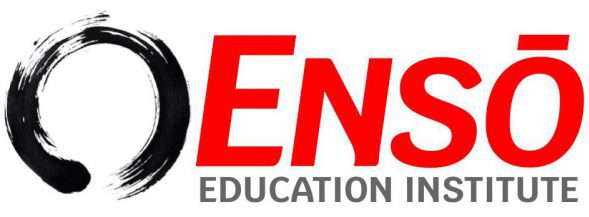Our current educational system is perpetuating a growing opportunity gap. Specifically, by teaching to standardized tests rather than seeking ways to inspire our students’ passions, we are further disadvantaging those students whose families or communities do not have the resources to counteract the damage being done in the classroom.
I have seen both sides of this divide in my personal and professional life. As an adult education teacher in South Central Los Angeles, I met students who had been failed by their schools. Many of these students were returning to school as adults after having dropped out of high school when the system failed to give them adequate support and inspiration to persist. Some of them had turned to gangs to find the passion, community, and entrepreneurial spirit that were absent from their classes.
Contrasting this experience is that of my children in a relatively affluent school district in northern California. My daughter attends a bilingual immersion school where she is becoming fluent in Spanish. My son has taken a basic automotive repair class that taught him real world skills and engaged him differently than his academic courses. The difference between these experiences largely comes down to money. About a quarter of California school funding comes from local taxes. And on top of the higher property tax revenues that allow these non-traditional educational experiences, the well-funded PTAs ensure that students get field trips, theater performances, and other special events.
And so, while my children are subject to the same standardized testing and preparation as those students in Los Angeles, they benefit by being engaged and inspired by “enrichment” activities both within the school setting and more generally resulting from their middle class upbringing. In other words, the creative neglect harming the students in both of these public school settings is mitigated in the case of the more affluent community. This is the very definition of injustice, and I am excited to explore how the network of educators in the Ensō Education Institute can work to address such inherent inequity.

Comments are closed, but trackbacks and pingbacks are open.